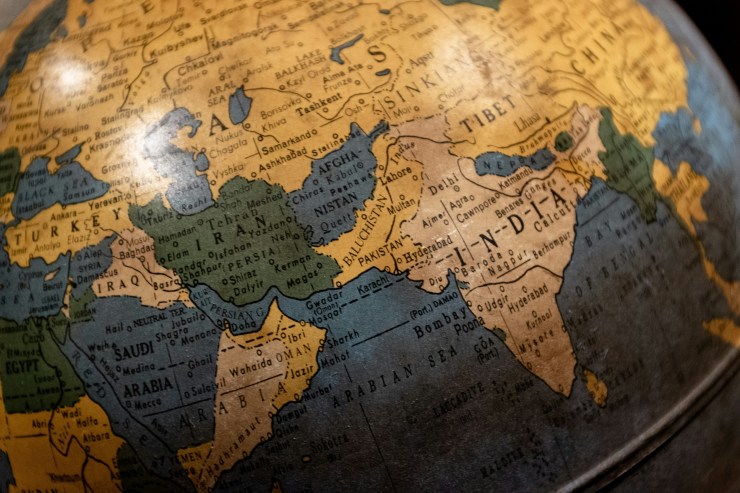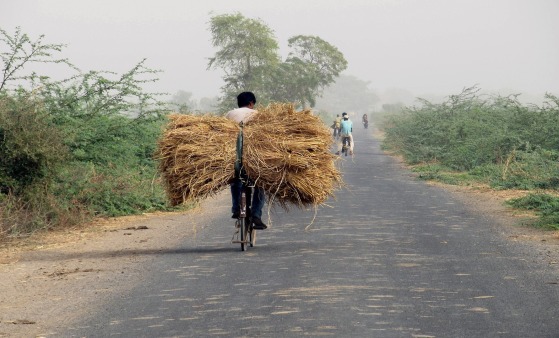
In a region as diverse as South Asia, the protection of religious minorities remains a pressing concern. Recent events have highlighted the ongoing challenges faced by various faith communities across the subcontinent. The All India Catholic Union (AICU), a century-old organization representing lay Catholics in India, has taken a stand, calling for increased security and rights for religious minorities throughout South Asia. This article explores the AICU's recent statements and actions, set against the backdrop of religious tensions in countries like Bangladesh and India.
AICU calls for protection of religious minorities
The All India Catholic Union, celebrating over 105 years of advocacy, has issued a powerful call to action. The organization is urging governments across South Asia to ensure the safety and security of religious minorities within their borders. Elias Vaz, recently re-elected as the National President of AICU, emphasized the interconnected nature of minority issues in the region, stating, "Threats to a minority in one nation has repercussions in other countries."
This call comes at a critical time, as religious minorities face challenges in various South Asian nations. The AICU noted that "Hindus and Buddhists are minorities in Pakistan, Bangladesh, Sri Lanka, while Muslims are a minority in India, Sri Lanka and Nepal. Christians are a minority in all eight countries and face various levels of persecution in all of them, including India."
“We had been taking human rights initiatives across South Asia as one of the main issues in the past with SAARC, when we gathered as seven or eight nations,” said John Dayal, the Spokesperson of AICU to Christian Today. “Bilateral human rights advocacy is an important part of the Track II Diplomacy which has been active for a couple of decades in the pursuit of peace in the subcontinent,” added Dayal.
Recent developments in Bangladesh
The AICU's concerns are underscored by recent events in Bangladesh. The political upheaval in Bangladesh has led to increased violence against religious minorities, particularly Hindus and Christians. Following the resignation of former Prime Minister Sheikh Hasina in August, mobs targeted minority communities, resulting in numerous deaths and destruction of property.
The Bangladesh Hindu Buddhist Christian Unity Council (BHBCUC) is leading efforts to remove Islam as the state religion, arguing that this change is crucial for protecting minority rights and fostering democracy. Monindra Kumar Nath, the council's joint general secretary, explained, "According to the communalist and fundamentalist forces, Islam does not coexist with other religious faiths and beliefs and also contradicts democracy, in which they have no belief."
Christian leaders in Bangladesh are also advocating for change. Jenny Moushumi Adhikary, Women and Children Coordinator of Talitha Koumi, stated, "The Christian community of Bangladesh dreams of living in a peaceful, prosperous, secular state where churches can worship openly and freely, public holidays will be available on special religious festivals and religious activities will not face any harassment or obstruction."
The interim government, led by Nobel laureate Mohammad Yunus, has shown some support for minorities. During a visit to a prominent Hindu temple, Yunus emphasized, "In our democratic aspirations, we should not be seen as Muslims, Hindus, or Buddhists, but as human beings. Our rights should be ensured."
AICU's advocacy and actions
The AICU is not just raising awareness; it's taking concrete steps to address these issues. John Dayal, the Spokesperson of AICU told Christian Today, “The AICU hopes to work through several bilateral civil rights groups that exist in Pakistan, Bangladesh and Sri Lanka.” At its recent Annual General Meeting in Conoor, Tamil Nadu, the organization passed several resolutions concerning the Christian community in India. These resolutions touch on a range of issues, from the ongoing violence in Manipur to the rights of scheduled tribes and Dalit Christians.
One key area of focus is the situation in Manipur. The AICU noted that violence in the state, which began on May 3, 2023, with targeted attacks against Kuki women, has continued to escalate. The organization called on Indian Prime Minister Narendra Modi to "take urgent measures to end violence and bring various groups to the discussion table for a lasting peace."
The AICU also addressed the rights of scheduled tribes, expressing concern over reports of hate campaigns against Christian tribals. They urged Indian President Draupadi Murmu to "ensure that the rights of scheduled tribes across the country were not curtailed or diluted."
Dayal highlighting the need for collaboration said, “The Federation of Asian Bishops' Conferences (FABC) and the World Council of Churches are important forums with whom we should work as well.”
Broader initiatives for minority rights
Beyond addressing immediate security concerns, the AICU is working on longer-term initiatives to empower minority communities. Vaz committed the organization to "work with the community in equipping its youth with the training and grooming to join national and state civil services, and in the existing and emerging sectors in industry and commerce."
The AICU is also advocating for fair distribution of educational opportunities. They called on the Indian government and state administrations to ensure that "scholarships for students of minority communities were given in proportion to their populations," emphasizing that there should be no attempt to politicize these scholarships or pit communities against each other.
A call for regional cooperation
Recognizing that the challenges faced by religious minorities extend beyond national borders, the AICU is calling for regional cooperation. Vaz urged Goa Cardinal Filipe Neri Ferraro, the new president of the FABC, "to use its good offices in each country to stress religious freedom not merely as a basic human right, but critical in economic and social development."
This approach aligns with broader international efforts to protect religious minorities. As noted in reports on the situation in Bangladesh, organizations like the United Nations have called for de-escalation of violence and protection of minority rights.
What next?
As South Asia grapples with these complex issues, the AICU's advocacy provides a blueprint for addressing the challenges faced by religious minorities. By combining calls for immediate protection with long-term initiatives for empowerment and development, the organization is working towards a more inclusive future for all communities in the region. “The Catholic union lays importance on advocacy as an important method of expanding human rights and religious freedom particularly in all these countries, which unfortunately, do not have a very good international record in these matters,” said Dayal.
Vaz summed up the AICU's mission, stating that they would "continue its advocacy of freedom of faith and belief (FORB), guaranteed both in the Indian constitution and in the Charter of the United Nations." As religious tensions continue to simmer across South Asia, this commitment to interfaith harmony and minority rights remains more crucial than ever.




